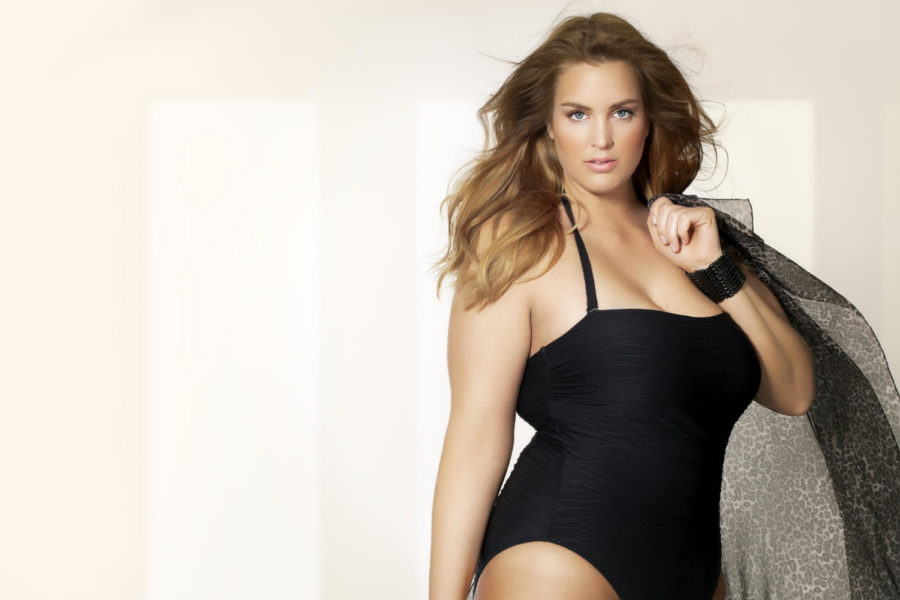Brase: #DropThePlus in model label
March 25, 2016
Eating a restricted diet, trying to fit perfectly into an outfit and worrying about personal appearances are just a few of the struggles models have to go through to be labeled as a model, but being called a plus-size model is not a compliment.
I fully support the right of everyone, no matter their weight, to become a model, but being called a plus-sized model does not serve the purpose of equality.
People do not need to be labeled plus-size because you can look at them and know whether they are curvy. Adding plus-size is like an advertisement that outcasts women who are happy with their bodies and who want to show other women that it is OK to express themselves.
I imagine skinny models looking at curvier models, thinking, “here comes the plus-size models,” as if they are not on the same playing field. The modeling industry finally broke through the concept of skinny models as a necessity. The industry has used the thin model as an example of beauty, especially toward younger women, for years. Having a variety of body types advertises that anyone can do what they want.
Models who are labeled plus-size should not feel ashamed for being called models, and for the most part, they aren’t.
Tess Holliday is a size 22 model and works for a British agency called MiLK Model Management.
She does not think being called a plus-size model is a derogatory term. But to me, the term is derogatory because plus-sized models are no different than so-called “normal” models. They do not need to be called plus-size because they have more curves than other women.
“I just would rather us not need any labeling, just in general, Clémentine Desseaux, a model in France, told the Cut. Like, you don’t have a black model page. You don’t even need to.”
You don’t see the terms “black model” or “Asian model” in the modeling industry because that would be ridiculous, and the company would be portrayed as racist. So why is there a double standard for weight?
Melissa McCarthy, most commonly known as an actress, is starting her own fashion line.
“Every time someone says, ‘you make a plus-size line,’ I try and correct them and I say, ‘I make clothes for women,’” McCarthy said.
Exactly, McCarthy. Incorrectly labeling people isn’t OK, but if people openly refer to themselves as a plus-size model, then good for them. But that shouldn’t set a precedent for the industry as a whole.
“Find it interesting that Plus Size models don’t want to be called “plus size” but don’t mind taking a check from a PLUS SIZE company,” Holliday tweeted.
Holliday makes a good case, but why should we define companies as being plus-size to begin with? Some models do not want to be called plus-size because to them, they are women who are models.
Curves or no curves, if people calls themselves models instead of plus-size models, then that is what they should be called.
Model Stefania Ferrario is helping the campaign #droptheplus by promoting the reason behind the hashtag — to promote healthy body images for women, no matter their size.
A woman could look at an image of another woman her size and think she looks healthy, but then read the plus-size label and start having second thoughts about herself.
“Unfortunately, in the modeling industry, if you’re above a U.S. size 4, you are considered plus-size and so I’m often labeled a “plus-size” model,” Ferrario posted on social media, according to Daily Mail. “I do NOT find this empowering.”
People are different shapes and sizes. We aren’t supposed to all look the same, so stop labeling models as plus-size for being who they are.
















